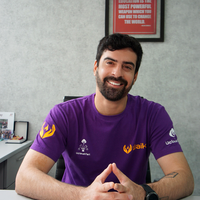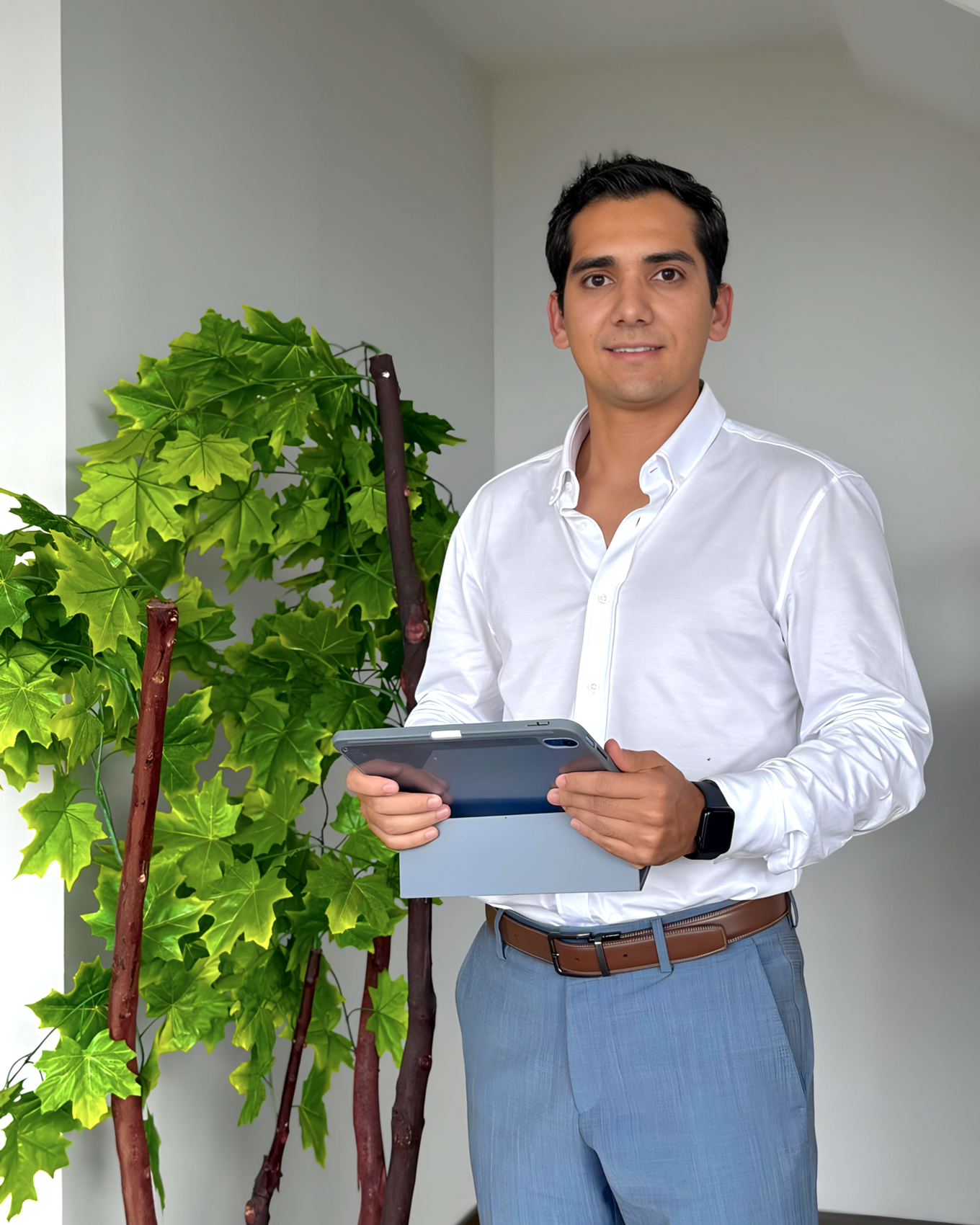Avocado
production in Mexico has grown significantly in recent years and now accounts
for 4.39% of the country’s agricultural GDP, according to the Mexican
government. The fruit has become increasingly important in Mexico’s export
economy, with international sales representing 40% of consumption, according to
an analysis by BBVA Research. However, avocado farming is not immune to the
effects of climate change. Adverse weather events and water shortages threaten
the long-term sustainability of some plantations.
The
pandemic marked a turning point in the life of Antonio Larios (Mexico, 27).
After completing a period at Airbus, this aerospace engineer began studying
data science. He participated in a hackathon alongside his father, an
agricultural engineer, and his professional path took a new direction.
“It was my
first time entering a competition of this nature. Although I had previously had
the opportunity to participate in and win national awards during my career,
this experience was different. Without high expectations, we signed up, and to
my surprise, we built a spectacular team. We ended up winning first place, a
proud achievement, especially because I accomplished it with my father,” the
engineer recalls.
For the
event, they created a team and developed Avofi, a platform that gives avocado
producers full access to real-time information about the status of their crops. “It’s
designed to optimize crop management, initially focused on avocado farming in
Michoacán. Avofi integrates advanced technologies like satellite imagery,
artificial intelligence, and real-time climate data to provide farmers with
accurate and actionable insights,” Larios explains.
In 2021,
following the passing of his father, Avofi’s development slowed. But his
father’s legacy and his own passion for Mexico’s rural sector motivated Antonio
to continue. “Now, with
the support of several institutions and producer associations, we’re moving
toward large-scale implementation, aiming to benefit tens of thousands of
farmers across the country,” he says.
With Avofi,
around 25,000 producers in Michoacán now receive alerts about pest threats
based on current climate conditions. The platform also provides satellite
imagery to monitor orchards, and performs plantation analyses through leaf
coloration data and predictive AI models.
“We also
generate automatic alerts and weekly reports that help farmers respond quickly
and proactively to potential issues. Our goal is not only to boost productivity
but also to promote sustainable practices, reducing pesticide use and improving
water resource management. When pests or diseases are detected, we offer
recommendations and tutorials for organic solutions developed by the National
Institute for Forestry, Agricultural and Livestock Research (INIFAP),” the
innovator adds.
Larios has
big plans for the future: to reach more producers and adapt the platform to a
variety of crops in collaboration with private institutions and public
agencies. Over the next three years, Avofi intends to develop smart devices to
help accelerate technological advancement in Mexican agriculture. In May
2024, Avofi participated in an exchange program in Switzerland, organized by
AMEXCID and the Leading House for Innovation in Latin America.
Antonio
Larios is one of MIT Technology Review in Spanish 35 Innovators Under 35. In
2018, he took part in the MIT Inclusive Innovation Challenge Latin America, and
in 2017 he won Mexico’s National Innovation and Entrepreneurship Competition in
the category of technological entrepreneurship.




